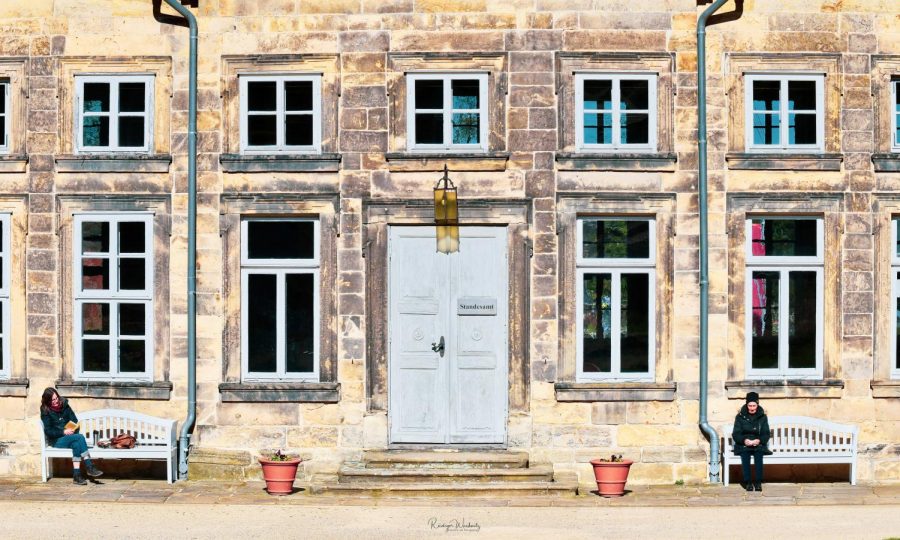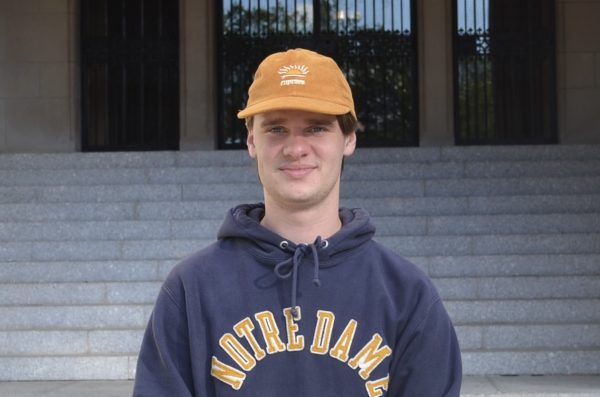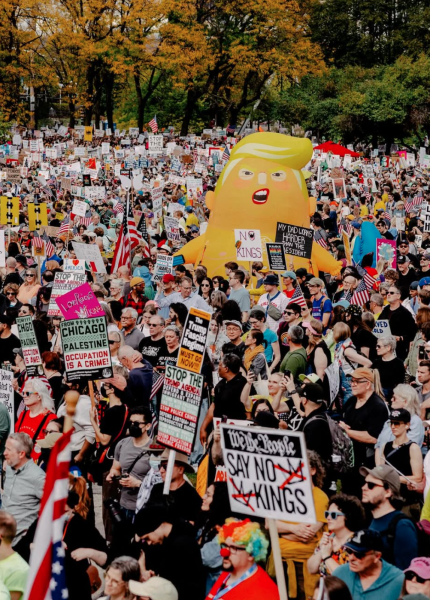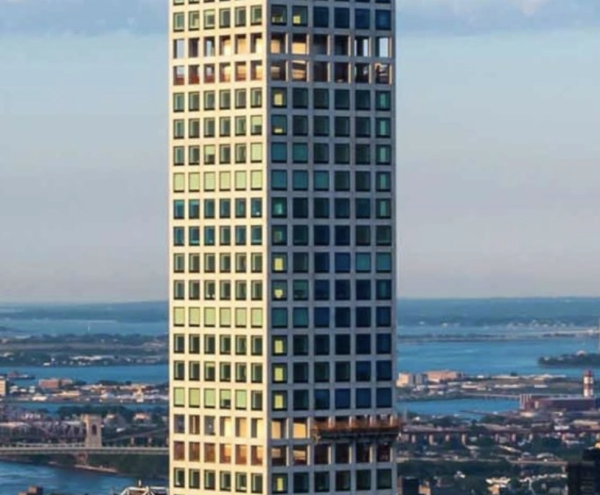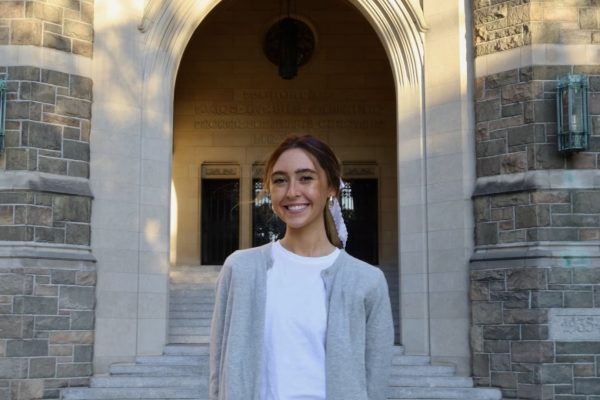Collective Accountability is Necessary to Reduce Coronavirus Spread
If nothing else, the current pandemic has offered curious minds much inspiration with which to engage in some interesting thought experiments.
Among many other conversations during this self-isolation period —ranging from the comically nonsensical to the deeply dire — arose a debate between my mother and me on the relative value of cults.
To clarify, neither of us advocated for the joining of one. However, the two of us held a healthy discussion that offered serious insights on what it would mean to exist within a group of like-minded individuals holding a shared value system and adhering to common practices.
My mother took a relatively commonplace approach to the idea of cult life. She argued that the loss of personal agency involved in joining such a community would result in an existence that proves unfulfilling, frustrating and suppressed.
She said that though touting a group-first mentality, no cult could be truly egalitarian in practice. Hierarchies in power are inevitable, meaning such communities run the risk of bordering on authoritarianism when a figure does step up to lead them. Ultimately, she said, participating in a cult involves the inherent loss of individuality, making life under such a framework simply unenjoyable.
Having recently watched “Midsommar,” the acclaimed 2019 film by Ari Aster, and having an otherwise less traditional outlook overall, my ideas of collective life looked a bit liberal in comparison to my mother’s. I argued that — contrary to how it might appear on the surface — perhaps dedicated, community-oriented living would actually prove freeing in its inherent sense of connectedness.
Through the unity of individual life and a deep understanding of humanity as a universal experience, we actually realize that what we are feeling is not so alienating after all. Even if our emotions do prove singular in origin, a sense of togetherness might allow us to feel seen in our expression of them.
In fact, in “Midsommar,” members of the community at Hårga actively grieve with the main character Dani by crying, wailing and otherwise joining in her darkest moments. Despite not relating to the source of her sadness, the community members support Dani by intimately connecting to her expression of it, signaling their recognition of the feeling, as well.
Such scenes can be as cathartic for open-minded viewers as they might have been for the afflicted character. They also argue that a strong prioritization of collective identity — shown through this act of joint mourning — might actually embolden our individual understanding of self.
Maybe it is only through a deep recognition of how we as singular beings play into the larger, collective picture that we are able to grapple with our most uncomfortable feelings.
We ended the discussion on the simple, and perhaps obvious, conclusion that cults are flawed in many respects. However, the tenets of collectivism offer a lot of valuable insight, particularly to American citizens, as we navigate the profoundly unsettling circumstances we now find ourselves a part of.
We are existing through a collective moment unprecedented in modern history.
Even problems that have affected entire states, countries or continents have proved unable to uproot as much of understood societal interplay as COVID-19 has in just a few short months. The ideological conversation of collectivism versus individualism is one that matters now more than ever for this very reason.
As Americans struggle to contain the spread of COVID-19 and flatten the infection-rate curve in our nation, these circumstances call into question the sociocultural factors that have impacted our approach toward the virus so far.
American society’s general inclination toward the protection of personal agency —bolstered by long-promoted rhetoric of individualism and meritocracy — has prevented a lot of citizens from listening to the self-isolation advice of the Centers for Disease Control and Prevention. People have continued to visit friends or crowd public areas, such as parks or boardwalks.
Similarly, the delayed response of our federal government, as well as its blaming of the initial spread on “the Democrat policy of open borders,” further reiterate the lack of collective accountability that America’s most powerful continue to uphold and perpetuate when it comes to our nation’s participation in global affairs.
It is utterly necessary that we maintain a heightened sense of collective responsibility during this time in order to save as many lives as we can. Ironically, it is through precisely this prioritization of general welfare that we may, in turn, get closer to finding individual solace.
You do not need to be a member of a cult to understand, support and connect to the feelings of others during this time. Coming to terms with the fact that this virus — and all its medical, societal and personal ramifications —is affecting the entire world is an invaluable way to cope with an otherwise radically destabilizing experience.
Being self-isolated does not have to translate to a feeling of loneliness. Continue to talk to your loved ones about what you are going through; your emotions will undoubtedly resonate with peers who are attempting to act in service to the same larger cause.
However, if you find that much of your concern centers around inconvenient disruptions to your daily routine or the loss of some personal freedoms, it may be beneficial to reorient how you think about your interaction with humanity at large.
Personal sacrifice begins to feel negligible when kept in a proper perspective. It is normal to grieve the loss of life as we knew it, but we cannot allow this grief to manifest in primarily self-centered thoughts.
The most important conclusion of my mother’s and my thought experiment really wound up having nothing to do with cults, but rather the intimate ways we interact with one another to navigate universally human experiences.
The rapid spread of COVID-19 is a dangerous, upsetting and unfair situation in a multitude of ways, but it is one almost all of humanity is experiencing.
This simple truth can have immense power in comforting us as long as we come to truly understand what such a collective lens means for our perceptions of personal duty.
Lindsay Grippo, FCRH ’20, is an English major from Long Island, N.Y.



































































































































































































